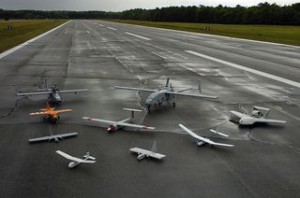
We Need the Money and we Need It Now [email]
he Military – Industrial – Congressional Complex (MICC) is in panic city over what promises to be cosmetic cutbacks in the growth of the defense budget. The courtiers in Versailles on the Potomac, like the obedient editors of the Washington Post, are dutifully pumping out baloney about how dangerous it will be to cut the defense budget. The fact that the Pentagon cannot even account for all the money it receives is unimportant; after all, cutbacks in social security and medicare will pony up enough money to keep the MICC's party going, while the so-called deficit hawks impose austerity economics on the people (in the name of reducing federal debt — think of this as ‘not letting them eat cake') so the Federal Reserve can continue propping up the toxic private debt of the insolvent financial sector. And besides the Post needs the advertisement money from Boeing, Lockheed-Martin, and Northrup-Grumman.
My good buddy Mike Lofgren, who just retired with his sanity intact after working on Capital Hill as a Republican staffer for 28 years — no small achievement I might add — does not think much of whining in the Georgetown salons. Here's why (see CP op-ed below):
Chuck Spinney
BTW … the war between the MICC and Social Security and Medicare that is now being joined has very little to do with the so-called War on Terror — In fact, it is occurring right on schedule, if you doubt this, read this Op-Ed I wrote on this subject, in Sept 2000, one year before 9-11.
Defense Cuts Hysteria
Over the last five years, we’ve spent money on the military – in real, inflation adjusted dollars – at a higher rate than at any other time since World War II. That includes the late 1960s, when the United States simultaneously faced a competitor with 10,000 nuclear weapons and sent a half million troops to Vietnam. The Pentagon is spending recklessly at a time of fiscal crisis when America’s debt has been downgraded for the first time since formal credit ratings began in 1917.
Yet the Washington Post has joined the hucksters of the military-industrial complex in forecasting imminent doom if one cent is cut from Pentagon budgets. Supposedly, the Defense Department has already cut $465 billion from its budget, and further cuts would be ruinous. But those $465 billion in cuts are fake, mostly paper “savings” pocketed by the president from adjustments to unrealistic past projections of the cost of the wars in Iraq and Afghanistan and from other baseline manipulations.






